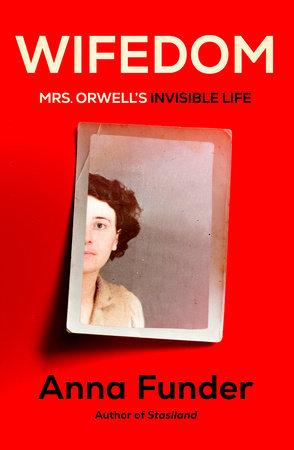Literary onomastics
 Literary Onomastics surveys different methods of studying names in works of literature and offers representative works of literary onomastic analysis. Included in this volume are qualitative studies that examine select names as well as quantitative studies that examine entire systems of names. These studies of literary names straddle centuries, cross genres, and defy simple categorization. Leading and emerging scholars in this field provide insight into the namecraft of William Shakespeare, Philip Sidney, John Donne, Julia Alvarez, Ursula K. Le Guin, Zadie Smith, George R. R. Martin, and Britain’s Rebel Writers. The theories and methods they employ are associated with cultural, linguistic, rhetorical, feminist, and ethnic studies. Collectively, these scholars demonstrate the many approaches available to the study of names and naming practices in literary works. Additionally, they consider how names function in a variety of genres and mediums, including poetry, novels, science fiction, and fantasy.
Literary Onomastics surveys different methods of studying names in works of literature and offers representative works of literary onomastic analysis. Included in this volume are qualitative studies that examine select names as well as quantitative studies that examine entire systems of names. These studies of literary names straddle centuries, cross genres, and defy simple categorization. Leading and emerging scholars in this field provide insight into the namecraft of William Shakespeare, Philip Sidney, John Donne, Julia Alvarez, Ursula K. Le Guin, Zadie Smith, George R. R. Martin, and Britain’s Rebel Writers. The theories and methods they employ are associated with cultural, linguistic, rhetorical, feminist, and ethnic studies. Collectively, these scholars demonstrate the many approaches available to the study of names and naming practices in literary works. Additionally, they consider how names function in a variety of genres and mediums, including poetry, novels, science fiction, and fantasy.
zum Buch im ULB-KatalogPlus
zum Buch auf der Verlags-Website
Wifedom: Mrs. Orwell’s invisible life

“I’ve always loved Orwell,” Funder writes, “his self-deprecating humour, his laser vision about how power works, and who it works on.” So after rereading and savoring books Orwell had written, she devoured six major biographies tracing his life and work. But then she read about his forgotten wife, and it was a revelation.
Eileen O’Shaughnessy married Orwell in 1936. O’Shaughnessy was a writer herself, and her literary brilliance not only shaped Orwell’s work, but her practical common sense saved his life. But why and how, Funder wondered, was she written out of their story? Using newly discovered letters from Eileen to her best friend, Funder re-creates the Orwells’ marriage, through the Spanish Civil War and the Second World War in London. As she peeks behind the curtain of Orwell’s private life she is led to question what it takes to be a writer—and what it is to be a wife.
A breathtakingly intimate view of one of the most important literary marriages of the twentieth century, Wifedom speaks to our present moment as much as it illuminates the past. Genre-bending and utterly original, it is an ode to the unsung work of women everywhere.
zum Buch im ULB-KatalogPlus
zum Buch auf der Verlags-Website
